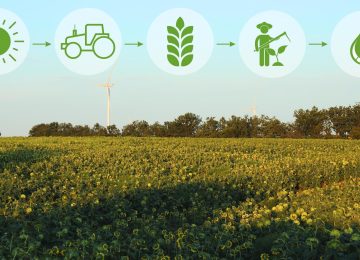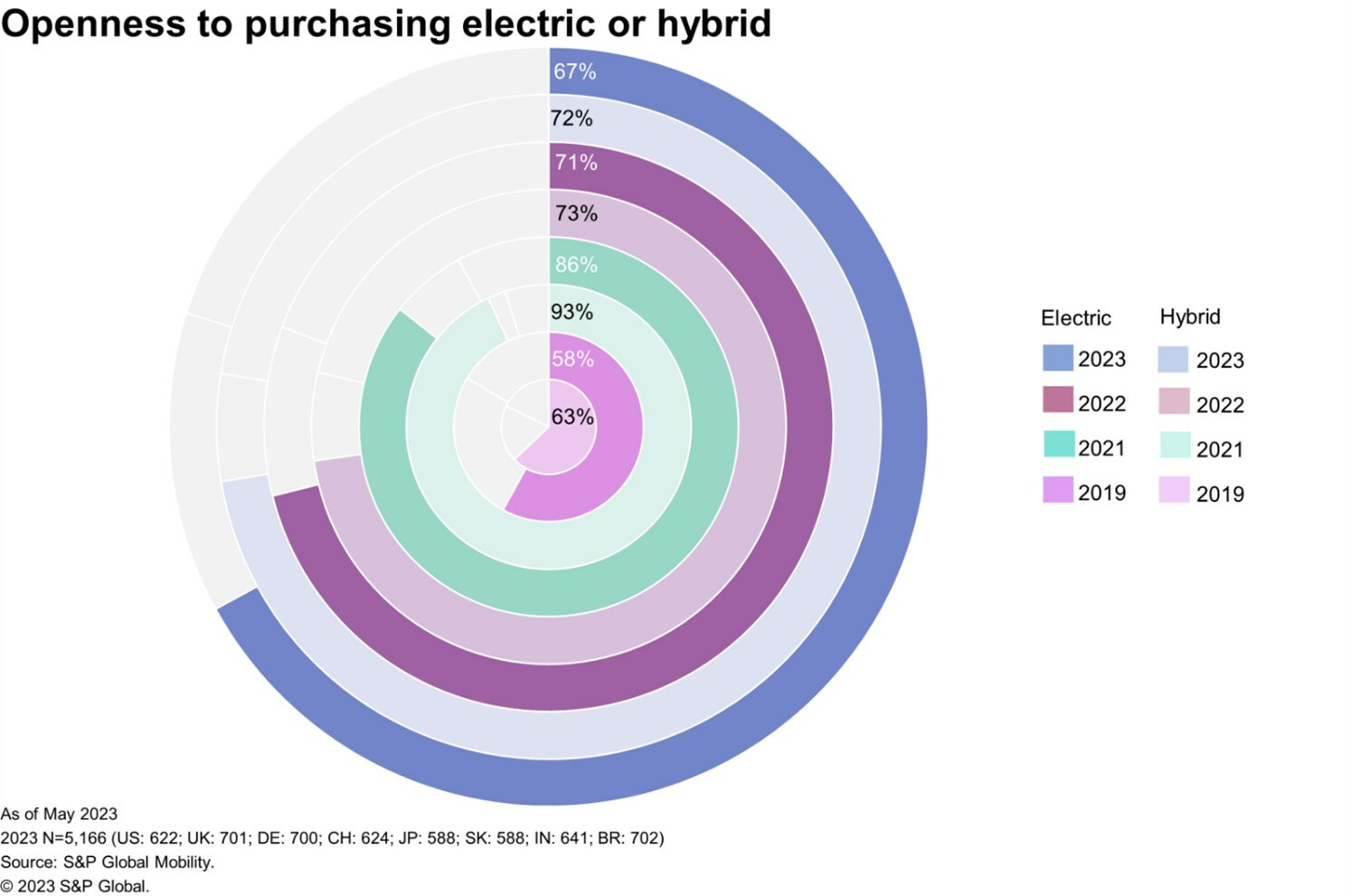Sustainable finance is moving from a niche market to a core investment strategy.
According to a latest World Economic Forum report, trillions of dollars in capital flowing into key sectors are reshaping the global economy and building resilience against environmental and social risks.
While geopolitical and election cycles have dominated headlines in 2025, momentum for sustainable investment has not slowed. This redirection of capital is a response to the growing financial imperative of mitigating climate risks like extreme weather and food insecurity.
Key investment flows:
- Sustainable Debt: Issuance topped $1 trillion for the fifth consecutive year in 2024.
- Nature Finance: Private investment has grown over elevenfold since 2020, reaching over $100 billion by 2024.
- Climate Finance for Agrifood: Increased over 300% since 2019, reaching $95 billion annually.
Financing the real economy:
Food Systems: Investors are moving beyond broad pledges to fund tangible projects in food systems. This sector, which accounts for 10% of global GDP and 40% of jobs, is highly vulnerable to climate shocks.
The shift toward regenerative agriculture and resilient supply chains is creating new market opportunities and diversifying revenue streams. However, significant gaps remain, as only a small fraction of the estimated $1.1 trillion in annual financing needs is currently being met.
Nature and Biodiversity: Nature is now recognized as nature capital, fundamental to long-term financial performance. This presents a massive opportunity, with the potential to create $10 trillion in annual business value and nearly 400 million jobs by 2030.
The growing recognition of nature-related risks and the implementation of new reporting regulations are driving capital flows and expanding the pipeline of investable projects across various sectors, from agri-food to mining.
“Nature finance is no longer emerging; those who act early will capture returns while helping set market-defining rules,” said Derek Baraldi, Head of Sustainable Finance at the World Economic Forum
Industrial Decarbonization: Decarbonizing heavy industries like steel, cement, and aviation is essential for achieving net-zero goals. These sectors, which produce over a third of global carbon dioxide emissions, are difficult to transition away from fossil fuels.
While challenges remain, momentum is building through government policies and innovative financial models. Initiatives like blended-capital vehicles and de-risking mechanisms are helping to scale clean technologies and shift the focus from pilot projects to full-scale industrial transformation.
Infrastructure : The next bottleneck in the global transition is the infrastructure that supports renewable energy. Modern grids, long-duration storage, and resilient ports are crucial but underfunded, requiring an estimated $600 billion annually by 2030.
For investors, these assets offer stable, inflation-protected returns and systemic impact, making infrastructure a key area where resilience and return converge.
The future of finance:
Achieving the UN sustainable development goals requires an additional $4 trillion annually.
To meet this need, the financial system is increasingly leveraging blended finance, which combines public and private funds to de-risk investments in emerging and developing economies. This approach is transforming development finance from aid to a platform for scalable, climate-aligned growth.
“For financial leaders, this is about shaping markets as much as preserving them,” said Priyanka Ramchurn, Specialist in Sustainable Finance at the World Economic Forum.
The coming years will test the conviction of financial institutions. The future of finance will be defined not by pledges but by persistence.
Leaders who embed sustainability into their core strategies and build the necessary skills and partnerships will secure a long-term advantage in the resilient, inclusive, and nature-positive markets of tomorrow, the WEF said in the report.












